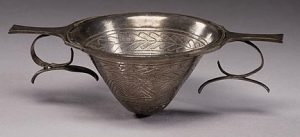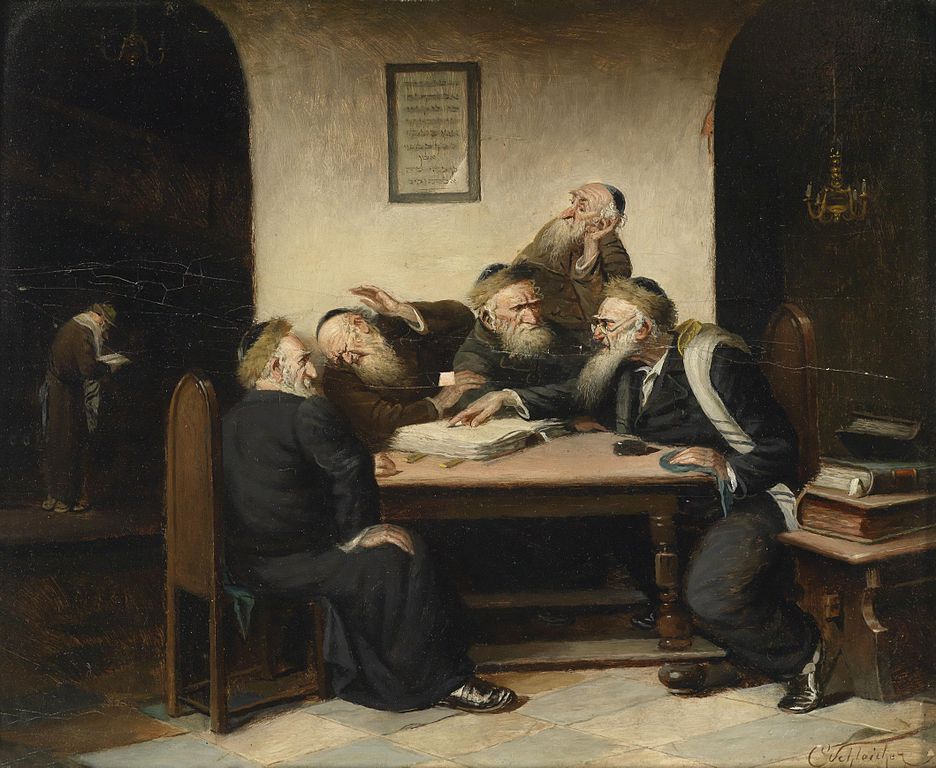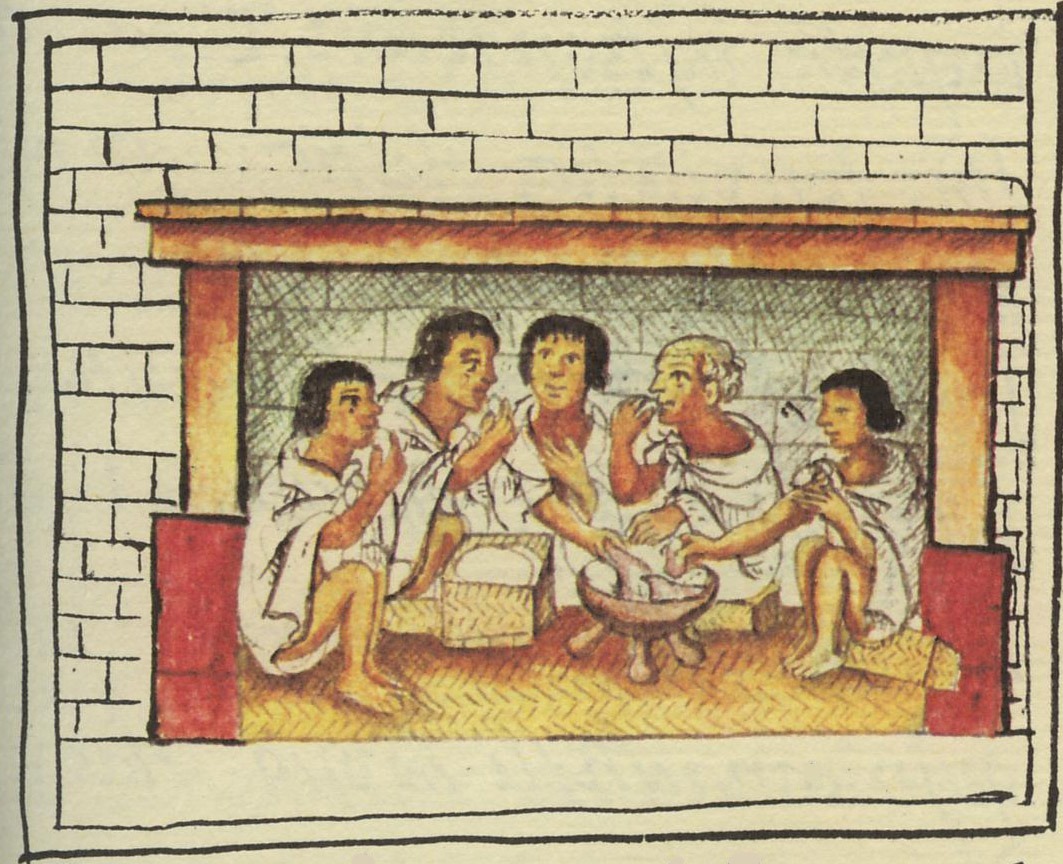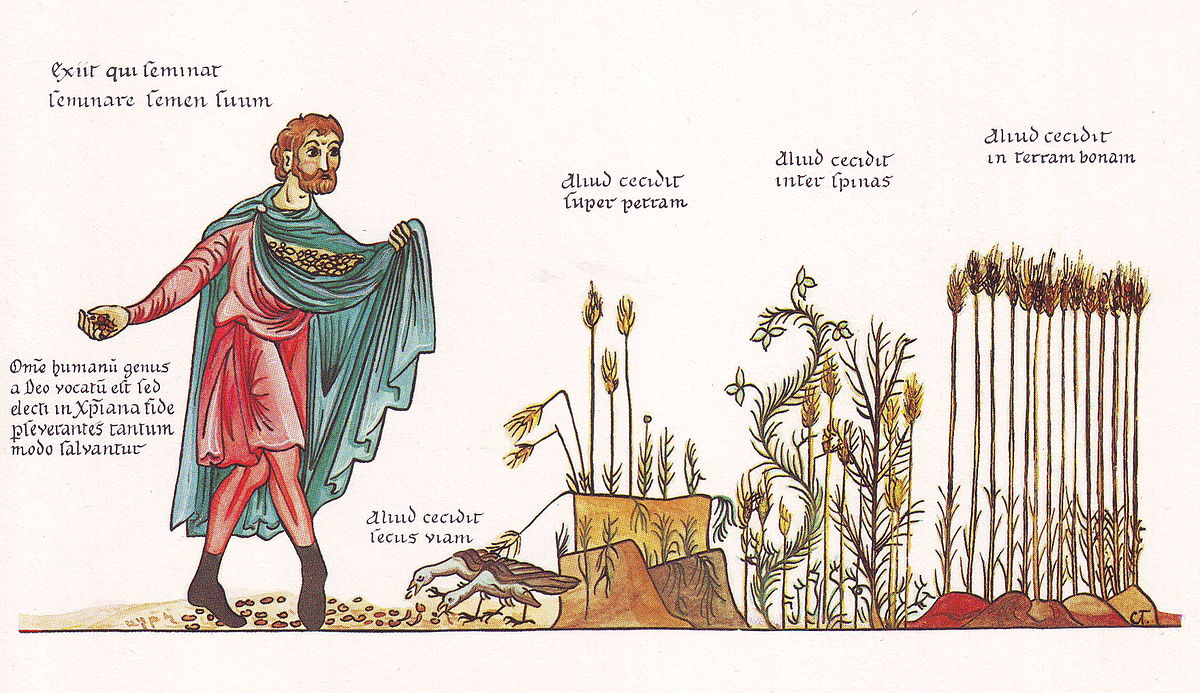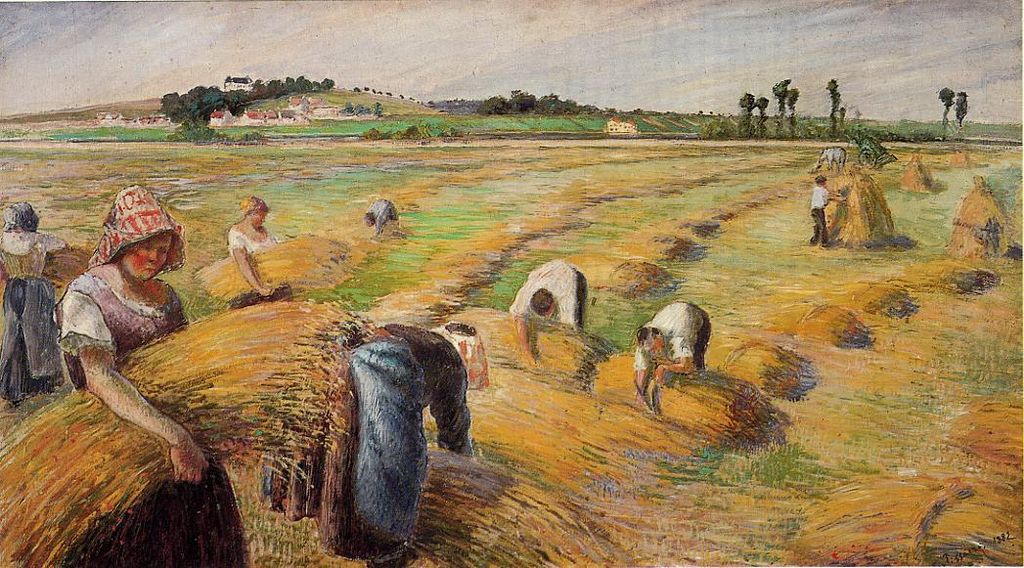“For where two or three have gathered together in My name, I am there in their midst.” Matthew 18:20
In Western Christian culture today, a common approach to studying the Bible is to have a quiet time where we isolate ourselves in solitary study. In Jesus’ community-oriented culture, however, they had a very different approach. From Jesus’ time until today, students in Jewish religious schools have always studied in pairs – discussing, arguing and grappling with the text together. When one doesn’t understand, the other explains, and together they think of possible interpretations and other Bible texts that help in understanding.
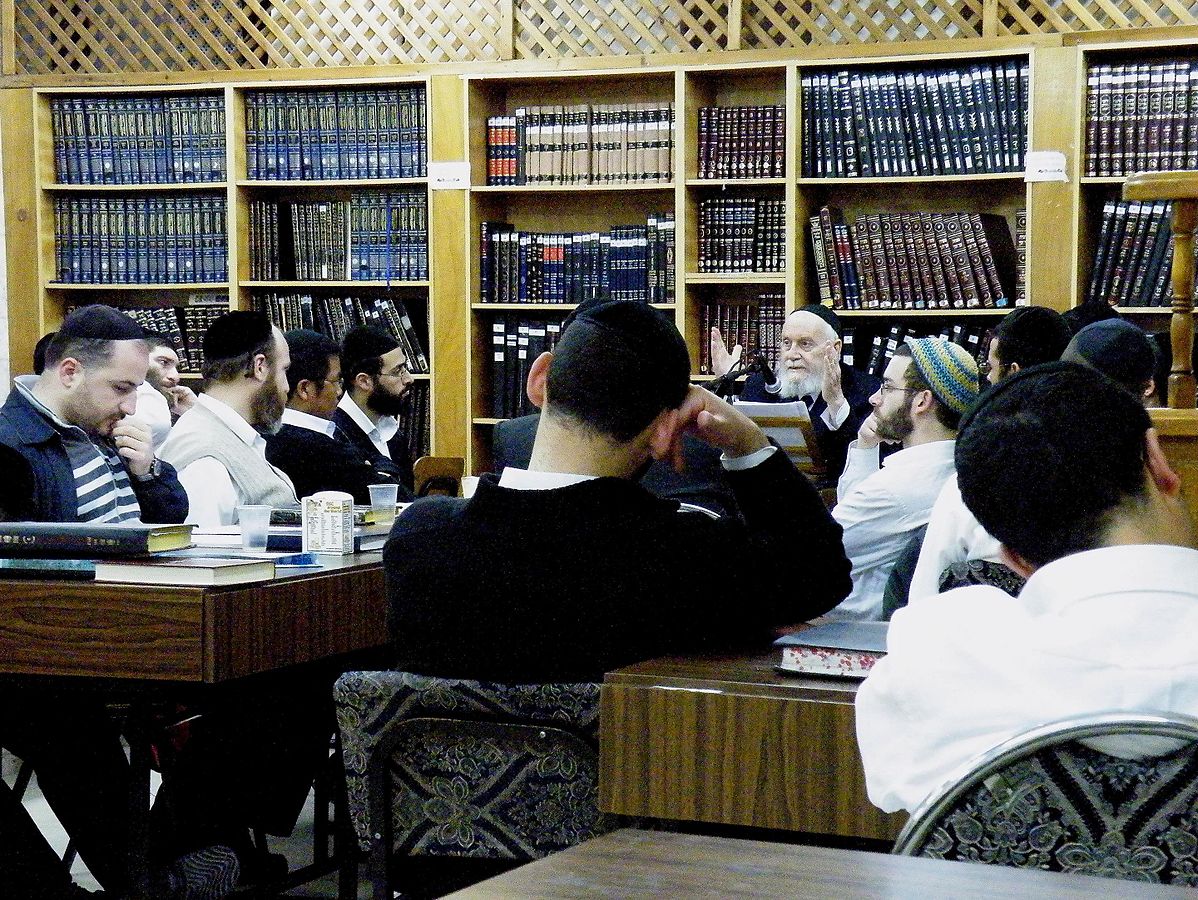 They said that if you want to truly study the scriptures you should “Get yourself a teacher (rabbi) and get yourself a friend (haver).” (Pirke Avot 1:3). The word haver (hah-VAIR) is loosely translated “friend”, but more specifically refers to a partner in studying God’s word. Anyone who has been a part of a good Bible study group knows that the bonds between haverim are often deep and strong. By spending time discussing God’s word and praying for each other’s burdens, people quickly become very close. Their testimonies of how their lives are impacted by their studying reinforces the text, giving real-life examples to inspire others.
They said that if you want to truly study the scriptures you should “Get yourself a teacher (rabbi) and get yourself a friend (haver).” (Pirke Avot 1:3). The word haver (hah-VAIR) is loosely translated “friend”, but more specifically refers to a partner in studying God’s word. Anyone who has been a part of a good Bible study group knows that the bonds between haverim are often deep and strong. By spending time discussing God’s word and praying for each other’s burdens, people quickly become very close. Their testimonies of how their lives are impacted by their studying reinforces the text, giving real-life examples to inspire others.
Sometimes we feel we need to be alone to hear God’s voice, not realizing that God’s Spirit often speaks best through other people. God desires that we live in community and love him together — not turn inward, ignore others, and seek him alone. The rabbis of Jesus’ time had a fascinating way of describing this. They said, “When two sit together and exchange words of Torah, then the Divine Presence dwells with them.” (Pirke Avot 2:3) It seems that Jesus wanted to reinforce this to his own followers, telling them that for eternity, his Spirit would be with them in their assembling as a body too. He said, “Where two or three have gathered together in My name, I am there in their midst.” (Matt 18:20)
~~~~~
 To explore this topic more, see Sitting at the Feet of Rabbi Jesus, Zondervan, 2009.
To explore this topic more, see Sitting at the Feet of Rabbi Jesus, Zondervan, 2009.
Photo: Roylindman



 This can be an issue for people when they discover their Jewish roots. They often grumble, “Why wasn’t I ever told this before?” or “Why has the church lost its Jewish heritage?” Some people angrily accuse the church of deliberately withholding information, rather than acting out of ignorance. The latter is much more likely, because the unfortunate split between Jews and Christians goes back to the first few centuries AD.
This can be an issue for people when they discover their Jewish roots. They often grumble, “Why wasn’t I ever told this before?” or “Why has the church lost its Jewish heritage?” Some people angrily accuse the church of deliberately withholding information, rather than acting out of ignorance. The latter is much more likely, because the unfortunate split between Jews and Christians goes back to the first few centuries AD.


